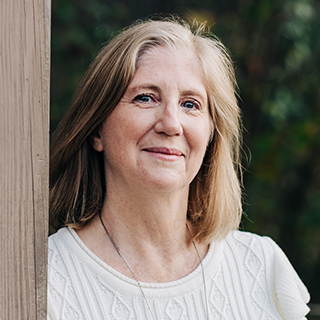Not getting enough sleep is a problem so many people deal with on a nightly basis. Even if you have the best of intentions, you might find yourself tossing and turning.
Having trouble sleeping becomes an even bigger problem when you’re struggling with anxiety.
But, if you’re not getting enough sleep, it can lead to even bigger health problems. Your immune system could weaken, you might have trouble focusing, and it can even increase your risk of developing certain medical conditions.
So, what can you do to get more sleep at night and wake up feeling well-rested? Let’s go over a few helpful tips that will allow you to sleep comfortably, even with anxiety.
1. Develop a Routine
One of the best things you can do to get more sleep is to get yourself into the right mindset. That includes creating both a nighttime and morning routine for yourself.
Try to go to bed every night around the same time. Before you do, go through a simple routine. You might brush your teeth, wash your face, and read a book for ten minutes before dozing off. Your routine is completely personal, but doing it every night will tell your mind and body that it’s time to sleep.
Additionally, try to wake up at the same time each day, rather than sleeping in when you can.
2. Avoid Naps
If you’re having trouble sleeping at night, you might be tempted to nap during the day.
But even getting a few minutes of sleep during the day can throw off your natural circadian rhythms. That will make it harder to fall asleep at night. Do your best to wait until you’re truly ready to go to bed before closing your eyes.
3. Cut Off Electronics
So many people spend time looking at their phone or tablet before bed. Unfortunately, that could be one reason you’re having trouble sleeping.
Electronics emit “blue light”. It stimulates your brain and works to keep you awake. So, if you are scrolling through your phone just before you try to go to sleep, your brain will still be actively working for quite some time.
Cut yourself off from electronics at least an hour before bed. It might surprise you how much of a difference it makes.
4. Stop Consuming Caffeine Later in the Day
It’s not uncommon for most people to need a cup of coffee or two in the morning. And you might enjoy other forms of caffeine throughout the day. But it’s important to give yourself a “cut off” point.
Having caffeine too late in the day can make it extremely difficult to go to sleep. Because your body is so energized, it can also contribute to racing thoughts and overthinking, which can fuel your anxiety.
So, you don’t have to give up your morning coffee. Just make sure you’re not drinking an extra cup or two later in the afternoon.
5. Create the Right Environment
Did you know that your environment can have a lot to do with your quality of sleep? Make your bedroom a place where you feel relaxed and comfortable by setting it up specifically as a “sleep sanctuary”.
Try things like light-blocking curtains and try to minimize external noise as much as possible. Make sure your bedroom is clean and organized, otherwise it could leave you feeling restless and chaotic.
If you’re still having trouble sleeping, especially due to your anxiety, feel free to contact me. Together, we can go over more tips that can help you get the rest you need, and work on the underlying cause(s) of your anxious thoughts.
